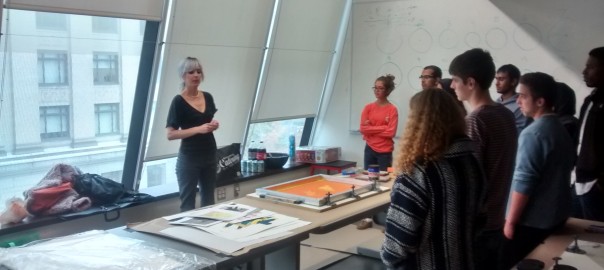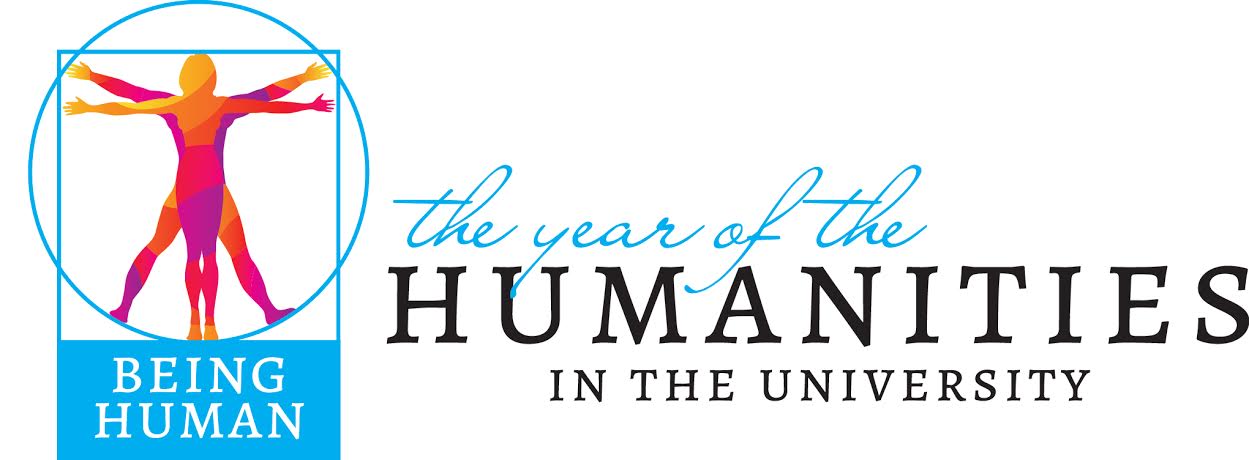By Dr. Daniel J Kubis
The University of Pittsburgh is in the midst of celebrating the Year of the Humanities in the University—an initiative designed to highlight the important role that humanistic thinking plays in research and education across the University and beyond. The Year, which was created and supported by Provost Patricia Beeson, has been guided by a committee of faculty members from across the University and supported by matching funds from the Office of the Provost. The amount of funds Provost Beeson has allocated to support the Year—beginning at $100,000 and growing to more than $300,000—has demonstrated a substantial level of institutional enthusiasm and support for the humanities at Pitt.
So far, events during the Year have been sponsored by nearly every academic unit on Pitt’s campus, including the schools of medicine, business, engineering, and more. They have also been funded by several sources external to the University, and have frequently created new connections between schools and units. For example, one of the Year’s most popular series—titled “What Does it Mean to be Curious?”—puts creative artists, scientists, and museum professionals together to talk about what curiosity means to them.
Other events have grown out of committee discussions between faculty members who rarely come into contact with each other. Arts and Humanities Pop-Ups, for example, are short workshops in the schools of pharmacy and engineering, led by faculty from the music, English, and art departments at Pitt. (In the photo, Lenore Thomas, Associate Professor of Art at Pitt, conducts a screen printing workshop with students in the Swanson School of Engineering). One series of conversations encourages faculty who study culture (in language departments, for example) to think about how they might contribute to conversations surrounding cultural competence and diversity on campus. Another series focuses on the intersections between the humanities and health sciences, and culminates with a Humanities in Health conference on April 7.
The Year has also brought some well-known figures to campus to discuss the humanities and liberal arts, such as Fareed Zakaria, who participated in a panel discussion titled “The Humanities: Can You Afford to Leave College Without Them?” Michael Roth, president of Wesleyan University and author of Beyond the University: Why Liberal Education Matters will be on campus for a lecture and conversation on March 2. Year of the Humanities Podcasts, a series which began in November of last year, have been a way to showcase guests coming through campus, and also reflect on the important roles that the humanities play in the world beyond the University.
When the Year began, Provost Beeson and others stated that they did not want the Year to be a “one-and-done” event. To that end, a new position has been created in Pitt’s Humanities Center with the charge of continuing to support the humanities across campus after the official Year concludes. Many of the programs and events (such as the “Curiosity” program) are also looking to extend into 2017 and beyond, helping create a foundation that can be carried forward in support of the humanities.
Dr. Daniel J Kubis is Research Assistant Professor and Assistant Director of the Humanities Center at University of Pittsburgh.

